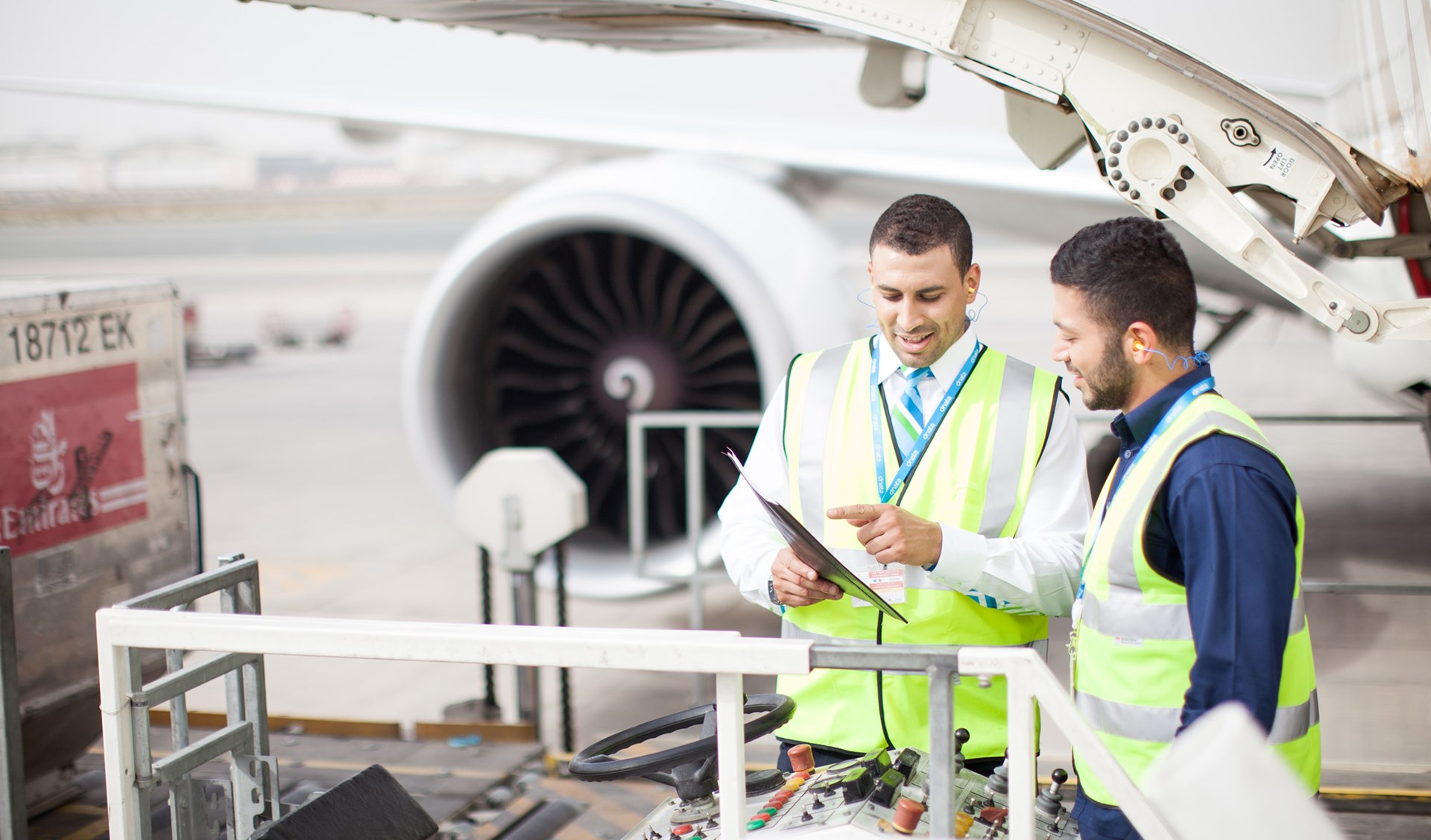
Ever wondered how aircraft operations work? From takeoff to landing, aircraft operations involve a complex dance of technology, skill, and precision. Pilots, air traffic controllers, and ground crews all play crucial roles in ensuring every flight is safe and efficient. Aircraft operations encompass everything from pre-flight checks to in-flight navigation and post-flight maintenance. Understanding these operations can give you a new appreciation for the marvels of modern aviation. Whether you're an aviation enthusiast or just curious about what happens behind the scenes, these 14 facts will shed light on the intricate world of aircraft operations. Buckle up and get ready to soar through some fascinating insights!
Key Takeaways:
- Aircraft operations involve principles of physics, rigorous training for pilots and crew, and advanced technology for safety and efficiency.
- The aviation industry is making strides in sustainability through fuel-efficient aircraft and the development of sustainable aviation fuels.
The Basics of Aircraft Operations
Understanding aircraft operations involves knowing the fundamental aspects of how planes function and the processes involved in flying. Here are some intriguing facts to get you started.
-
Aircraft operate on a principle called Bernoulli's Principle. This principle explains how the pressure difference between the upper and lower surfaces of the wings generates lift, allowing the plane to fly.
-
Commercial aircraft typically cruise at altitudes between 30,000 and 40,000 feet. This altitude range is optimal for fuel efficiency and passenger comfort, avoiding most weather disturbances.
-
Modern aircraft can fly for over 15 hours non-stop. Thanks to advancements in aviation technology, planes like the Boeing 787 and Airbus A350 can cover vast distances without needing to refuel.
The Role of Pilots and Crew
Pilots and crew members play crucial roles in ensuring safe and efficient aircraft operations. Their responsibilities extend beyond just flying the plane.
-
Pilots undergo rigorous training and certification processes. Before they can command a commercial aircraft, pilots must complete extensive training, including simulator sessions and flight hours.
-
Flight attendants are trained for emergency situations. Beyond serving food and drinks, flight attendants are skilled in first aid, evacuation procedures, and handling in-flight emergencies.
-
Cockpit crews follow a strict checklist before takeoff. This checklist ensures that all systems are functioning correctly and that the aircraft is ready for a safe flight.
Aircraft Maintenance and Safety
Safety is paramount in aviation, and regular maintenance is essential to keep aircraft in top condition. Here are some facts about how this is achieved.
-
Aircraft undergo regular maintenance checks. These checks range from daily inspections to more comprehensive overhauls every few years, ensuring all parts are in working order.
-
Black boxes record flight data and cockpit conversations. In the event of an accident, these devices help investigators understand what happened during the flight.
-
Aircraft are designed to withstand lightning strikes. Planes have conductive materials and systems that safely channel lightning strikes away from critical components.
Technological Advancements in Aviation
Technology has significantly improved the efficiency, safety, and comfort of air travel. Here are some notable advancements.
-
Fly-by-wire systems replace traditional manual controls. These electronic systems enhance precision and reduce the weight of the aircraft, contributing to better fuel efficiency.
-
Advanced navigation systems use GPS for accurate positioning. Modern aircraft rely on satellite-based navigation, allowing for more precise routes and improved safety.
-
In-flight entertainment systems have evolved. Passengers can now enjoy a wide range of movies, TV shows, and games on personal screens, making long flights more enjoyable.
Environmental Impact and Sustainability
The aviation industry is increasingly focused on reducing its environmental footprint. Here are some efforts being made to achieve this goal.
-
Airlines are investing in more fuel-efficient aircraft. Newer models like the Boeing 787 and Airbus A350 consume less fuel, reducing carbon emissions.
-
Sustainable aviation fuels (SAFs) are being developed. These alternative fuels are made from renewable resources and can significantly lower the carbon footprint of flights.
The Final Descent
Aircraft operations are a fascinating blend of technology, precision, and teamwork. From the intricacies of flight planning to the complexities of air traffic control, every aspect plays a crucial role in ensuring safe and efficient travel. Pilots, engineers, and ground staff work tirelessly behind the scenes, making sure everything runs smoothly. Understanding these 14 facts gives a glimpse into the dedication and expertise required in this field. Next time you board a plane, remember the orchestrated effort that goes into every flight. It's not just about getting from point A to point B; it's about the science and art of aviation. So, whether you're a frequent flyer or just curious, knowing these facts can deepen your appreciation for the marvel that is modern air travel. Safe travels!
Frequently Asked Questions
Was this page helpful?
Our commitment to delivering trustworthy and engaging content is at the heart of what we do. Each fact on our site is contributed by real users like you, bringing a wealth of diverse insights and information. To ensure the highest standards of accuracy and reliability, our dedicated editors meticulously review each submission. This process guarantees that the facts we share are not only fascinating but also credible. Trust in our commitment to quality and authenticity as you explore and learn with us.


